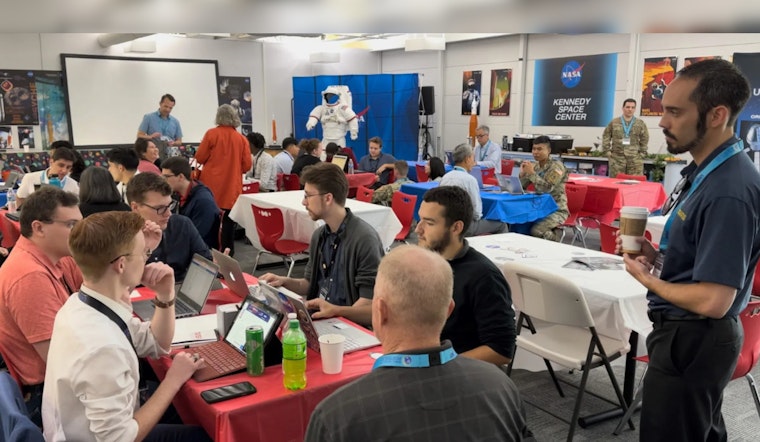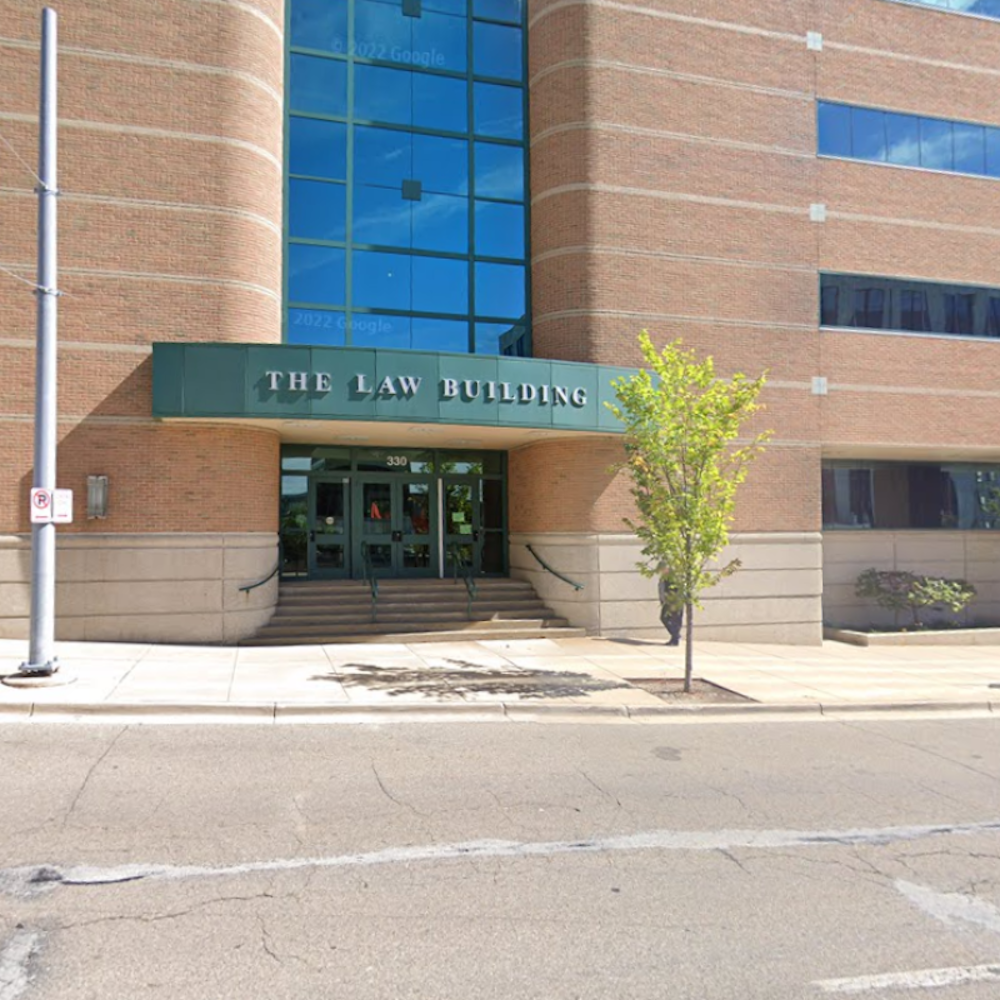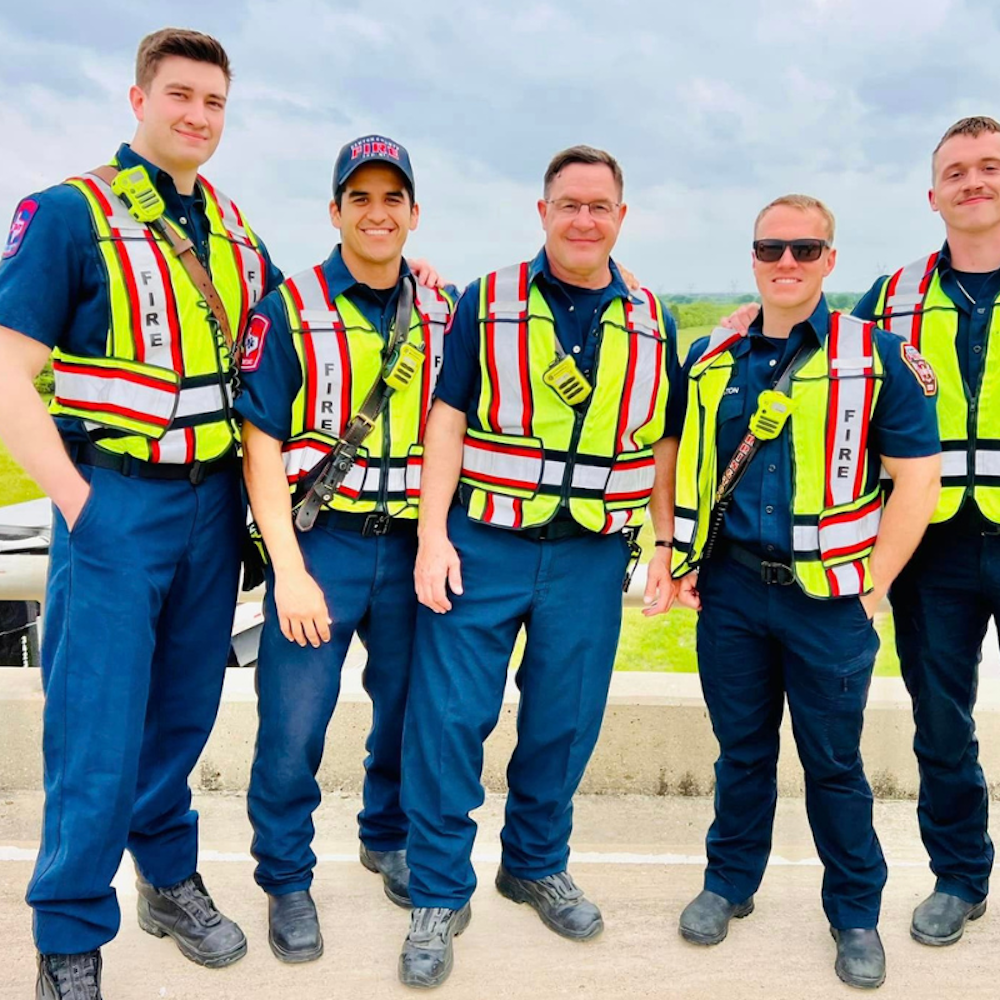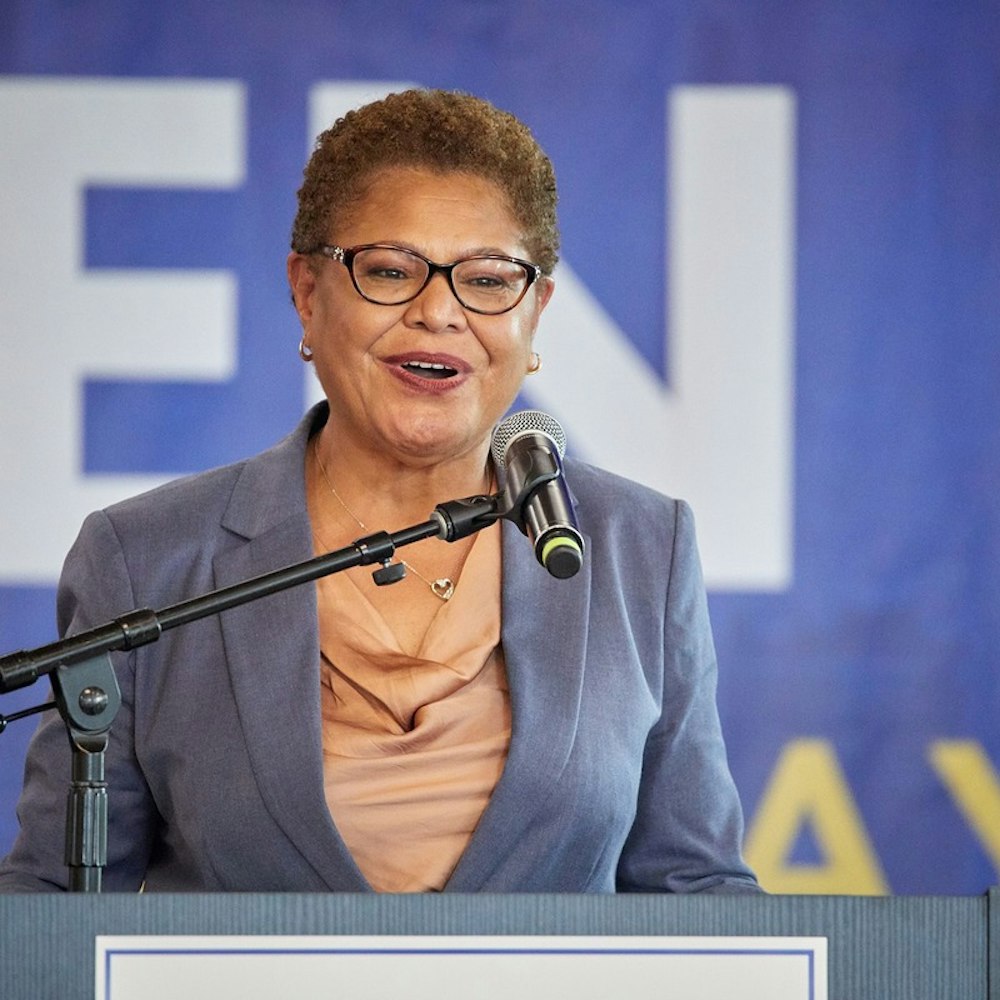
NASA has joined forces with the Air Force and Space Force to give university students a summer of out-of-this-world experience. Eight teams, selected from 34 contenders, will get hands-on training to hone their small satellite projects, potentially catapulting their tech into orbit and kickstarting their careers in the space sector.
During the CSLI's 2024 Mission Concept Program, young brains from University of Central Florida to West Virginia University will be immersed in systems engineering, getting them ready for the big league while upping the small satellite game in academia. The chosen few includes three Minority Serving Institutions, signaling a push for wider representation in the field. University of Central Florida, Florida Atlantic University, and Tarleton State University from the cream of the crop, all gearing up for a challenge that could land their projects among the stars.
The initiative's intensive summer session begins with a four-day brainstorm at NASA's Kennedy Space Center, followed by a seven-week stint in Albuquerque. There, alongside the Air Force’s University Nanosatellite Program advisors, the students will receive ongoing mentorship to refine their proposals, improving their chances to be selected for actual space missions. According to an official NASA announcement, participants are also nudged to show up at the Small Satellite Conference in Utah this August, where the big decisions for 2025 flights will be announced.
This isn't just about sending hardware to the heavens; it's a launchpad for the nation's future in space excellence. NASA's banking on CSLI to secure a stronghold of skilled pros in science, tech, engineering, and math. And they're not pinching pennies – all travel expenses for the participating faculty and students are taken care of, easing the financial burden on their universities. It's an investment not only in science, but also in the very people who will steer America's space ambitions forward.









